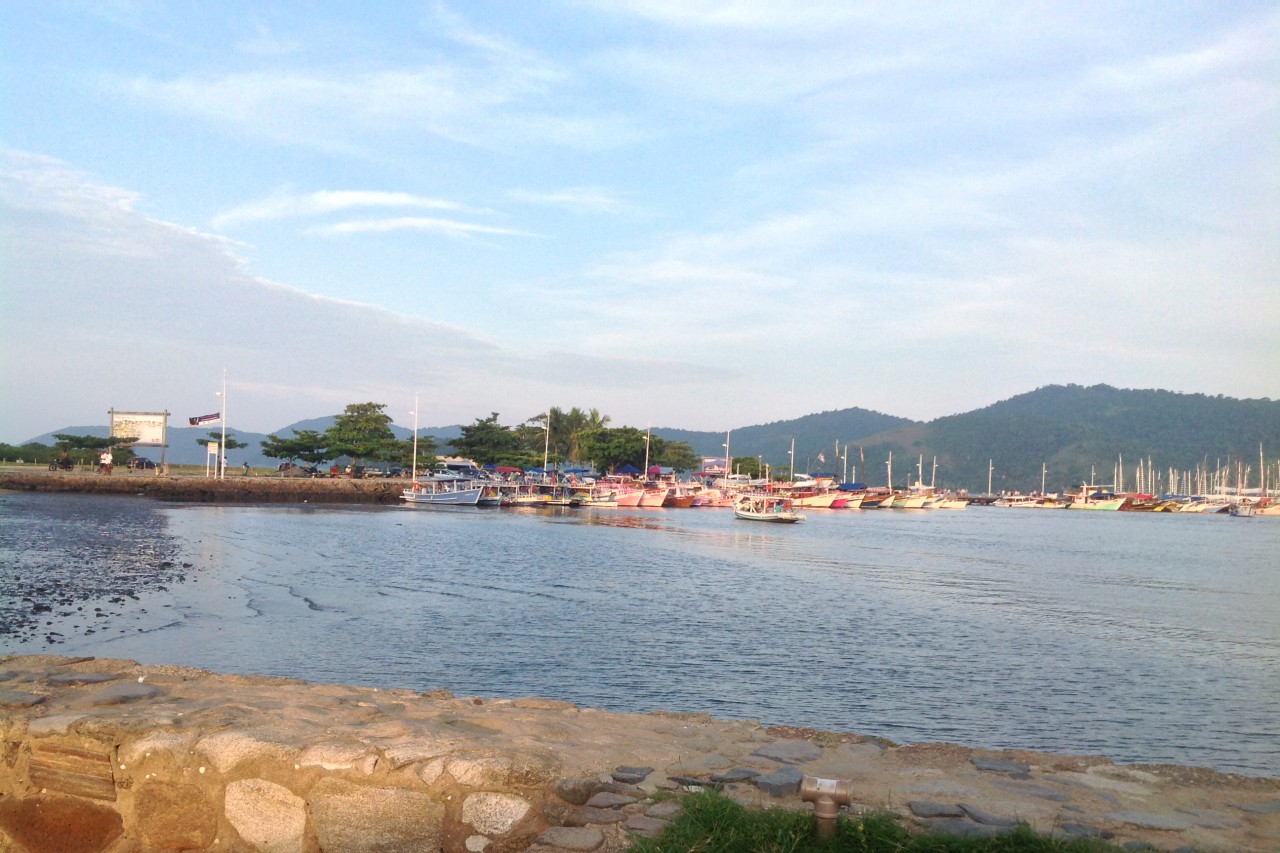Five years ago, I started this blog to reflect on and analyze the current and future state of democratic governance in the world. In the inaugural blog, I reflected on the ending cycle of a period of unprecedented expansion of human rights and inclusive governance, and how under more complex circumstances a new cycle was beginning to emerge. It was clear then that democratic governance was not only about elections but most importantly about its performance. The last five years have been intense in terms of challenges, not only in the democratic governance sphere but also in terms of a global pandemic that has further stretched the limits of democratic governance systems and strengthened non-democratic and autocratic behavior. At the end of 2021, the world might still be at the cusp of ending a long cycle of political action that has been dominated by democratic progress, and exhausted is trying to navigate its way into another cycle. What is not clear, is what that new cycle will look like, and which actors will lead. The past five years have not been kind to democratic governance, as unexpected and expected actors and factors have emerged. What scenarios are plausible in the next five years?



